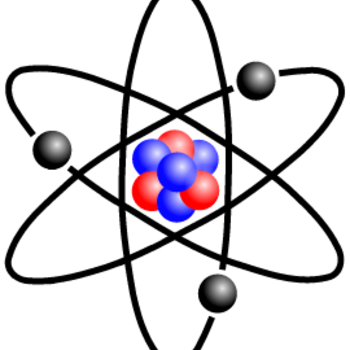Question #43af5
1 Answer
London Dispersion Forces exist among all types of molecules. Even polar molecules experience London dispersion forces but they are very weak and not predominant. Polar molecules mainly have dipole-dipole forces
Hydrogen Bonding is when a hydrogen atom is covalently bonded to a highly electronegative element. ONLY (O, F, N) / (Oxygen, Fluorine, and Nitrogen)
- Both molecules must be bonded with O, F, or N in order for it to be a hydrogen bond. For Hydrogen bonding to occur the Hydrogen in both molecules should be bonded to Oxygen, Nitrogen, or Fluorine.
Dipole-dipole forces are the attraction between the positive end of one molecule and the negative end of another.
- Dipoles form when there is a large difference in electronegativity between two atoms joined by a covalent bond. The atoms share the electrons unequally because the more electronegative atom pulls the shared electrons toward itself.

